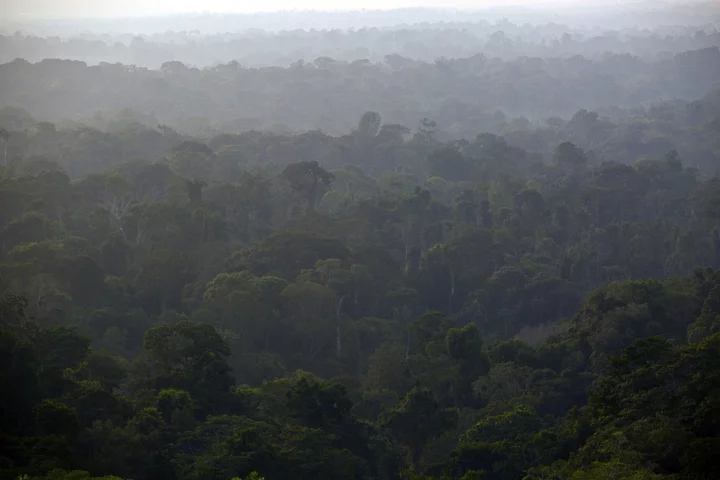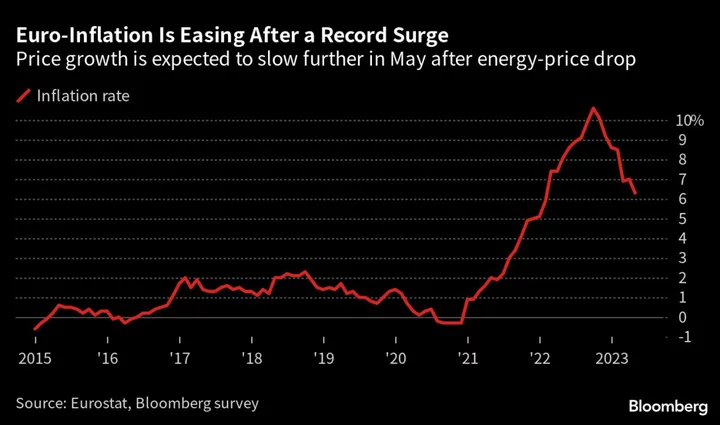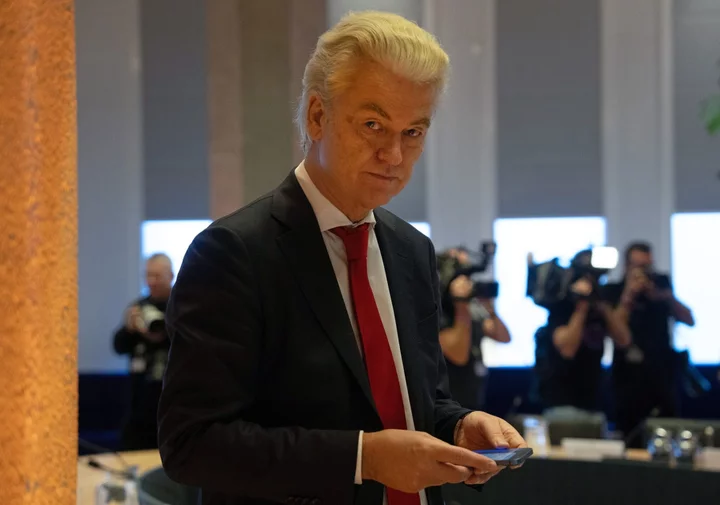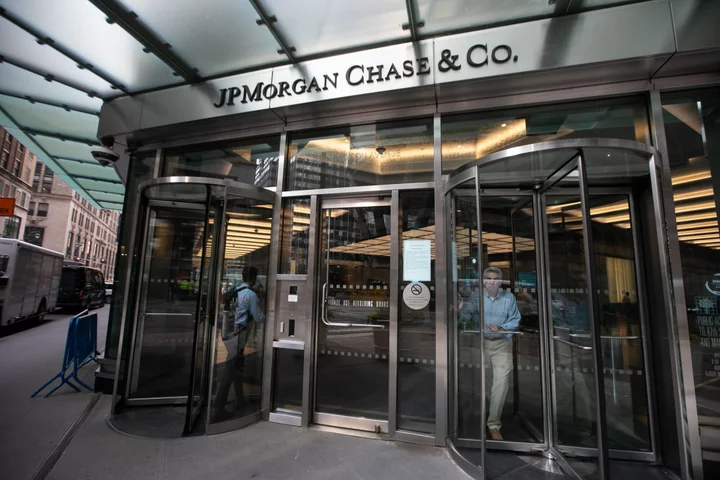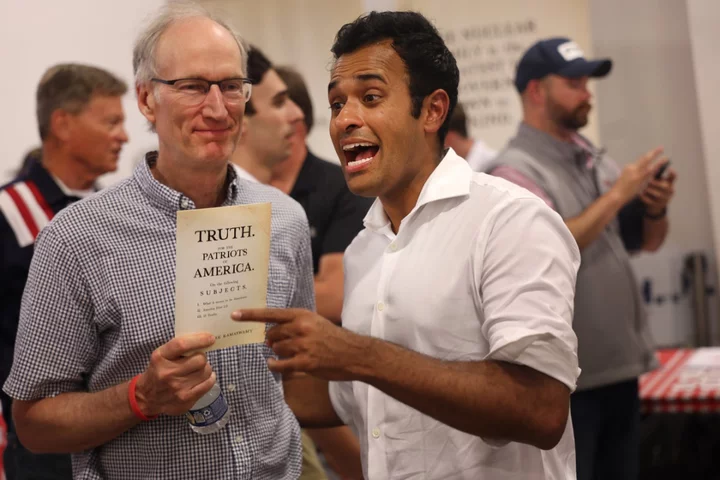Brazil, which is home to 60% of the Amazon forest, sold its first-ever sustainable bond, marking a long-awaited deal intended to support President Luiz Inacio Lula da Silva’s environmental and social agenda.
Latin America’s largest economy priced $2 billion in bonds due in 2031 to yield 6.5%, compared the initial price talk of about 6.8%, according to a person familiar with the matter, who asked not to be identified because they’re not authorized to speak about it. Investors put orders for almost $6 billion, said the person.
The proceeds of the notes will be allocated to green and social projects under the country’s newly approved framework for sustainable bonds, according to a filing.
The nation’s debut in ESG debt markets has been in the works for years, leaving Wall Street eager to gauge the success of the deal after Finance Minister Fernando Haddad touted its “extraordinary” reception. While people familiar had said the government was ready to go ahead with the deal as soon as early October, the sale hadn’t gone through as a repricing of US rates roiled developing-nation assets.
Read More: A $20 Billion Week Marks Market Reopening for EM Bond Sales
The offering comes as Lula’s administration pledges to lower Brazil’s greenhouse emissions and strengthen the country’s welfare programs. It’s also an early step by the nation to catch up with ESG bond programs in other emerging markets, including Chile and Mexico.
The offering’s sustainable label stands to lure a broader investor base, a move that’s allowed some bondsellers to reap a so-called greenium — the price advantage potentially gleaned when borrowing in the ESG market.
The deal “can improve Brazil’s capacity to tackle its monumental environmental challenges,” said Thierry Larose, a money manager at Vontobel Asset Management AG. Also, greater diversification of the nation’s external investors offers a “positive impact on the management of the sovereign debt.”
Brazil’s ESG Vows
In a series of meetings with global investors, Brazilian officials have touted sustainable debt as a way to help the government meet a series of ESG goals in the coming years.
Brazil is expected to soon release annual impact reports that detail how the proceeds of the bond will be spent. Officials, however, have referenced the eradication of illegal deforestation by 2028 and reduction greenhouse gas emissions among goals that could be advanced by ESG financing, according to a presentation used in recent investor outreach.
According to the allocation range indicated on the Treasury website, 50-60% of the funds will go to green projects, while 40-50% go to social issues.
The green allocation was more than expected, which is positive as there was “the risk that social would overwhelm the allocation with Bolsa Familia expenses,” said Viktor Szabo, investment director at abrdn in London. “Hopefully Brazil will be an established labeled bond issuer, so not a one-and-done.”
JPMorgan Chase & Co., Banco Santander SA and Itau Unibanco SA arranged Brazil’s bond issue, according to the filing.
--With assistance from Martha Beck.
(Updates with pricing in second paragraph.)
Author: Vinícius Andrade and Esteban Duarte

